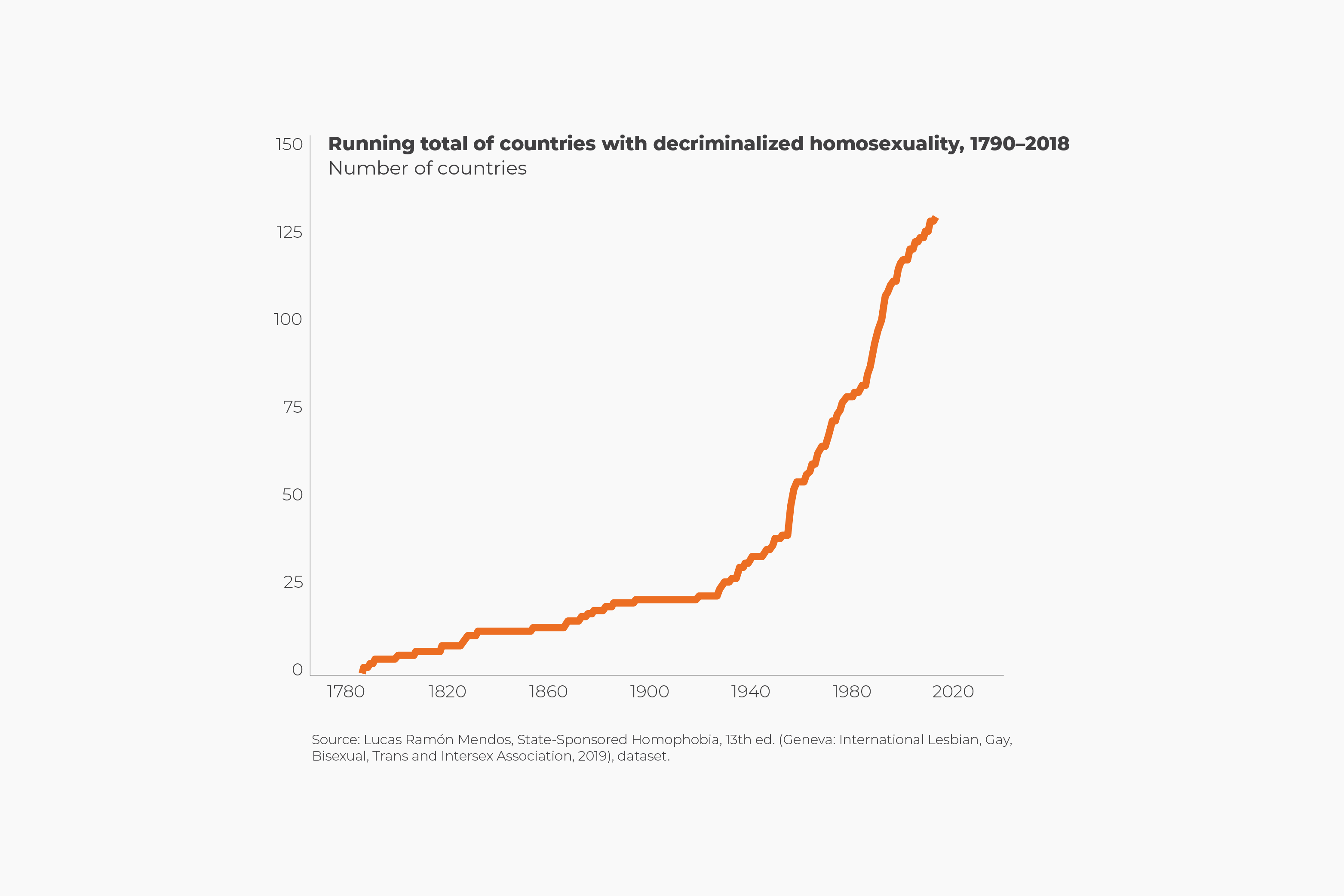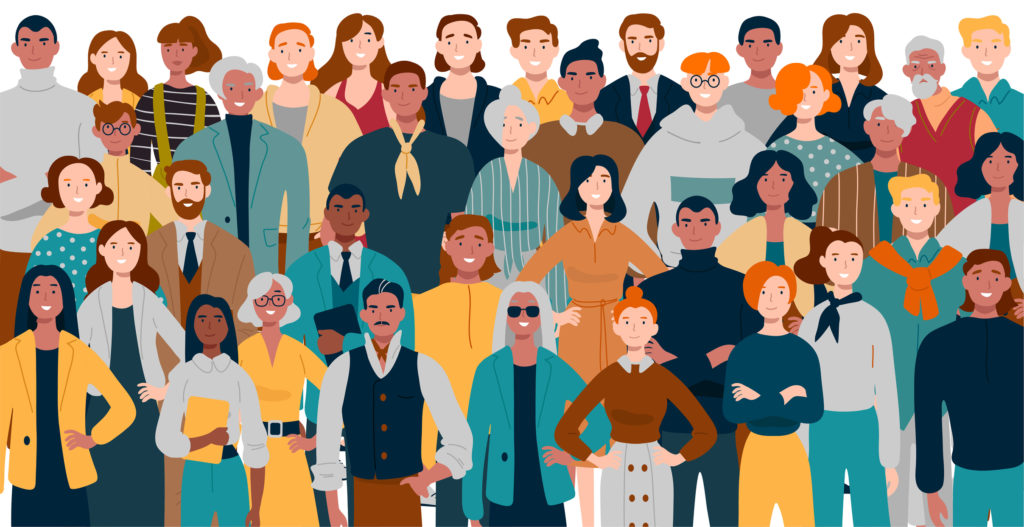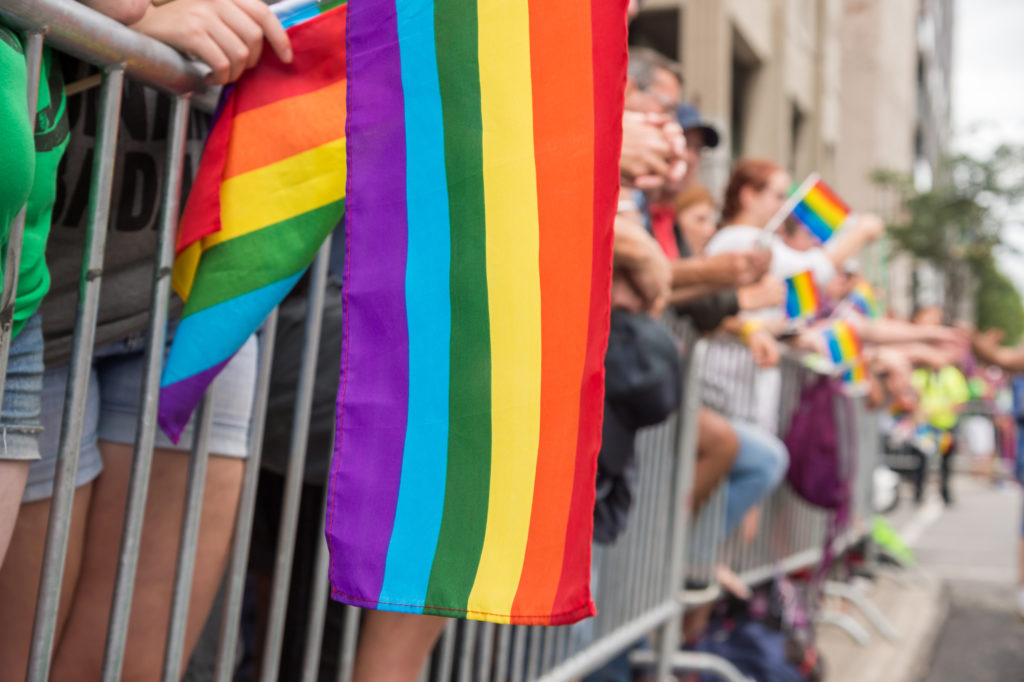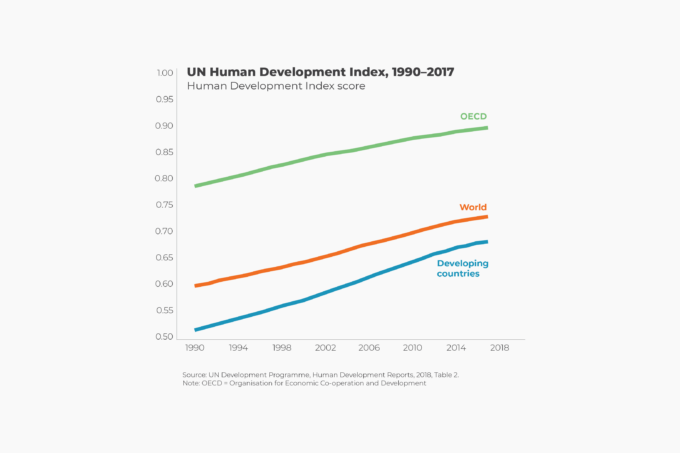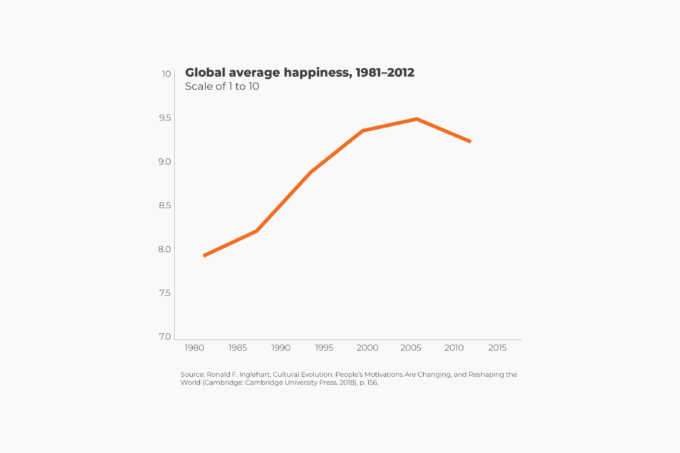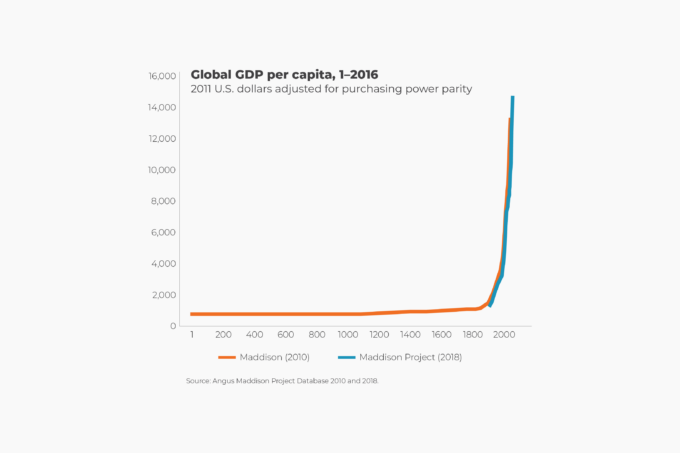Homosexuality has existed in all human societies and is also common in the animal kingdom. Yet with a few exceptions—such as ancient Athens, where same-sex attraction between men was tolerated in a highly restricted form—homosexuality has generally been frowned on, discouraged, and punished. As such, countless gay men and women suffered deep psychological anguish, imprisonment, torture, and death on account of their sexual orientation.
In 1791, the Kingdom of France became the first nation to decriminalize homosexual behavior. That measure was an outcome of the Enlightenment, an intellectual movement that popularized the notion that private activities among consenting adults were none of anyone else’s business. A few more countries followed suit, but it was not until the sexual revolution of the 1960s that decriminalization of homosexuality gained steam.
Toleration of homosexuality today tends to be highly correlated with the level of urbanization, education, and income. People in urban and intellectually vibrant settings tend to be more frequently exposed to and accepting of unorthodox lifestyles. Similarly, relatively wealthy people—who are no longer concerned with existential challenges, such as avoidance of violence and access to adequate nutrition—tend to be more concerned with questions of “fairness,” which include equal rights for gays and lesbians.
Out of the 193 members of the United Nations in 2019, consensual same-sex sexual acts were legal in 123 countries, illegal in 68 countries, and de facto illegal in 2 countries. Although some regions, such as the Middle East and Africa, lag behind the rest of the world when it comes to the treatment of homosexuals, increasing urbanization, education, and wealth are likely to make people everywhere more socially tolerant in the future.

